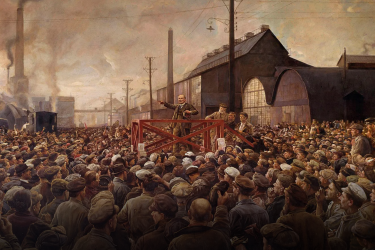Boris Kagarlitsky
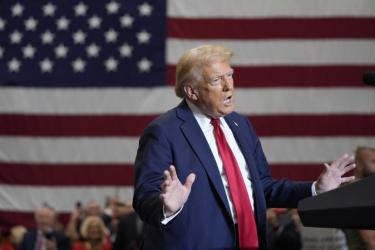
Boris Kagarlitsky on the US elections, Trump, peace talks and prospects for world war
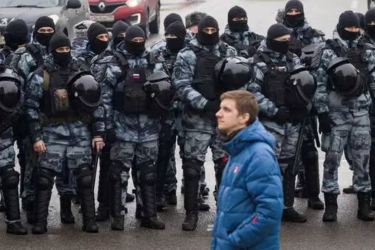
In Russia, no one is safe from prison
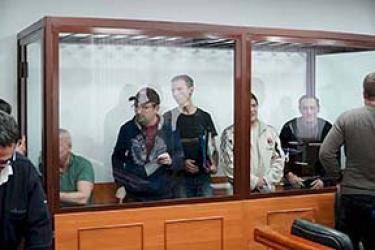
Repression of Russian left activists
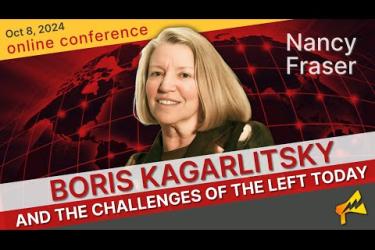
Nancy Fraser: Envisioning a path to a mature left that can meet the demands of the present crisis

Hanna Perekhoda: ‘Russian political elites are openly promoting a global project’
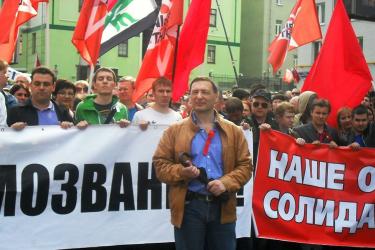
Boris Kagarlitsky: A letter from prison on the situation of the Russian left
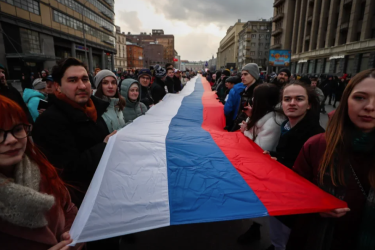
Boris Kagarlitsky: Change is inevitable

Boris Kagarlitsky: The ordinary Russian citizen and the question of power
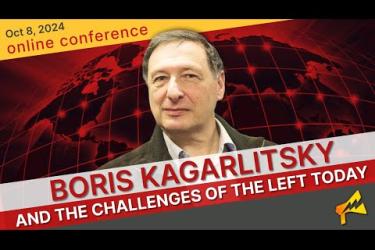
(Video) Boris Kagarlitsky and the challenges of the left today
Scholars from across the globe gathered for an online conference on October 8 in honour of Russian sociologist Boris Kagarlitsky, who is serving a 5-year sentence in a Russian penal colony on the fabricated charge of “justifying terroris
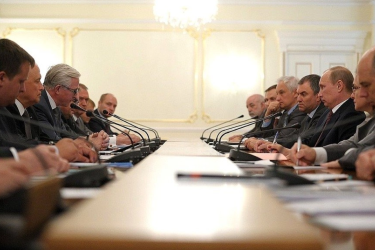
Class analysis and Russian imperialism: A response to Ilya Matveev
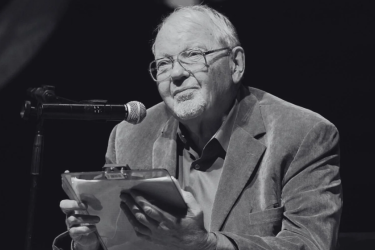
Boris Kagarlitsky: Obituary for Fredric Jameson (1934-2024)
